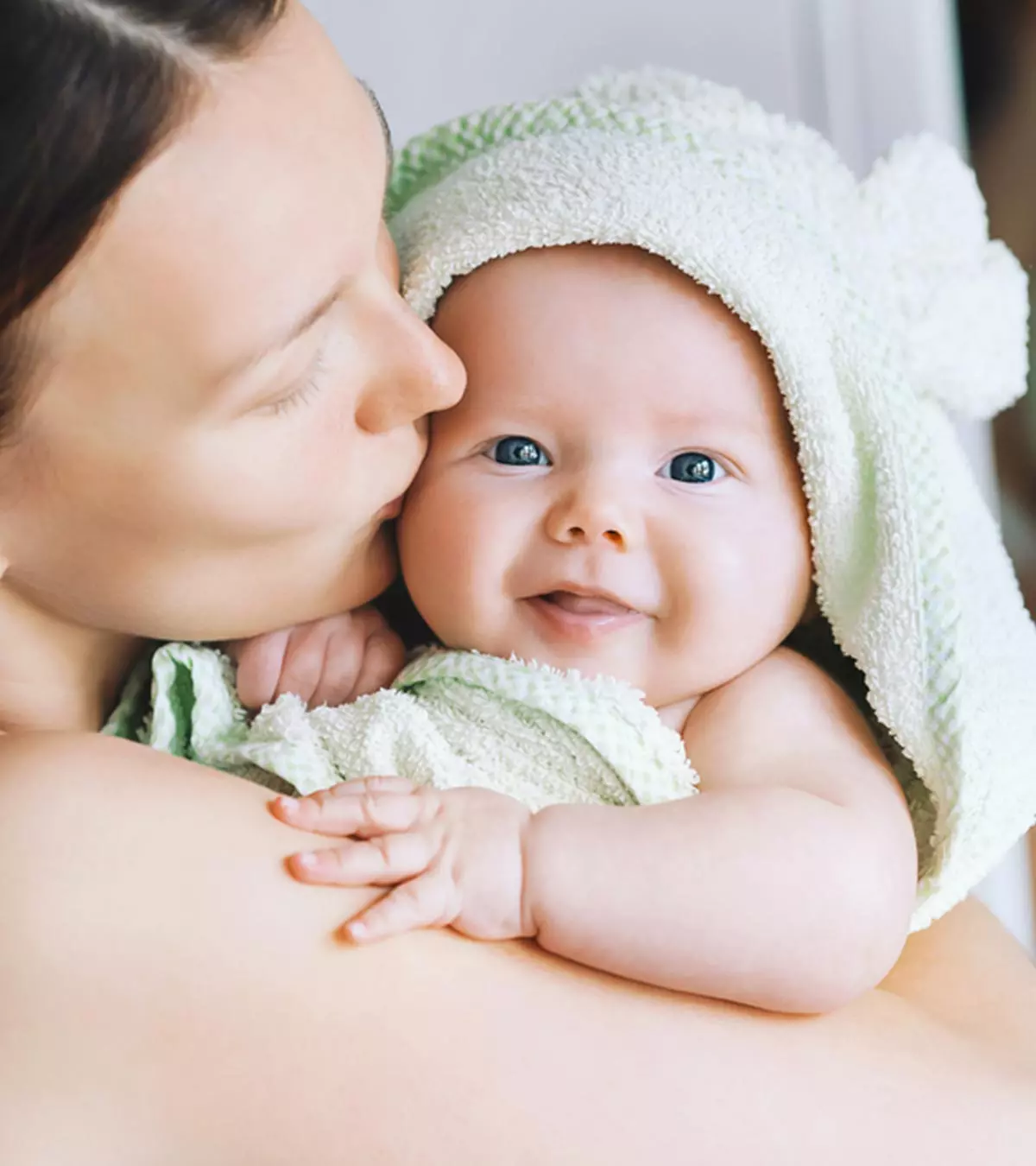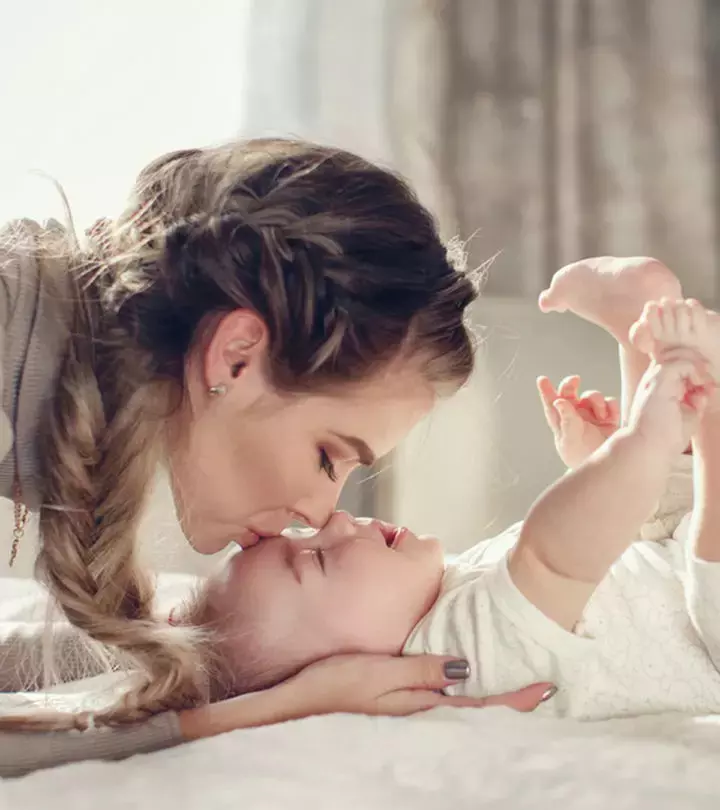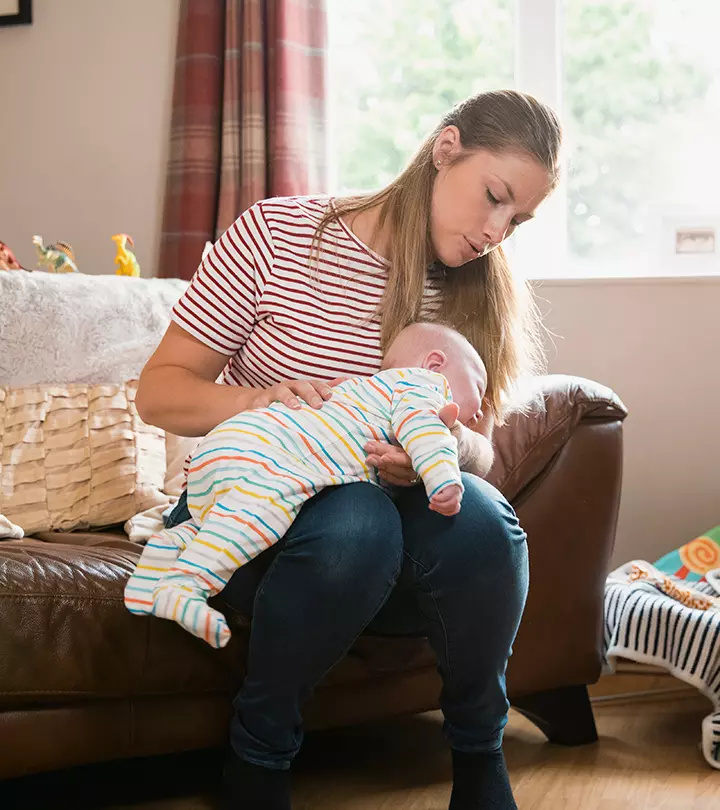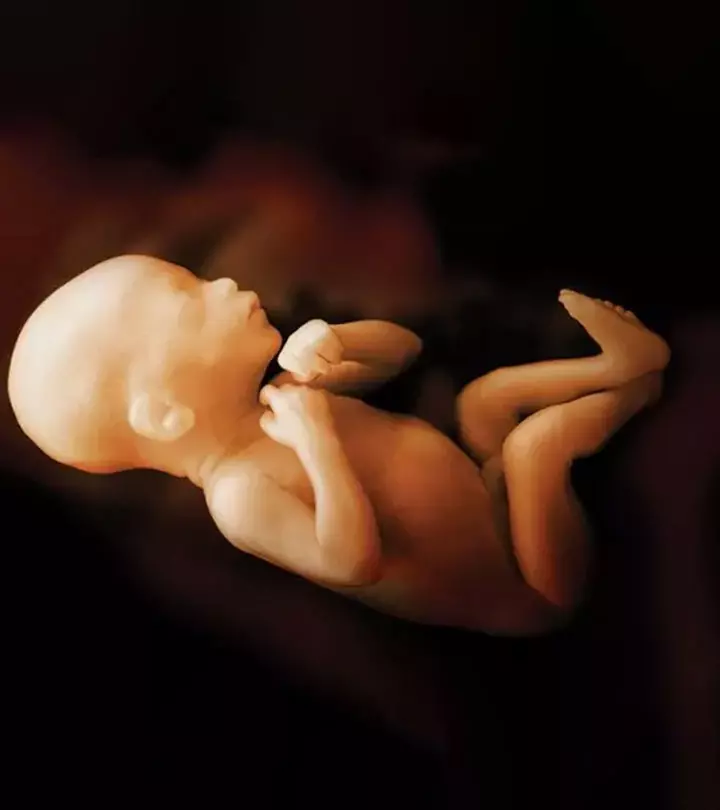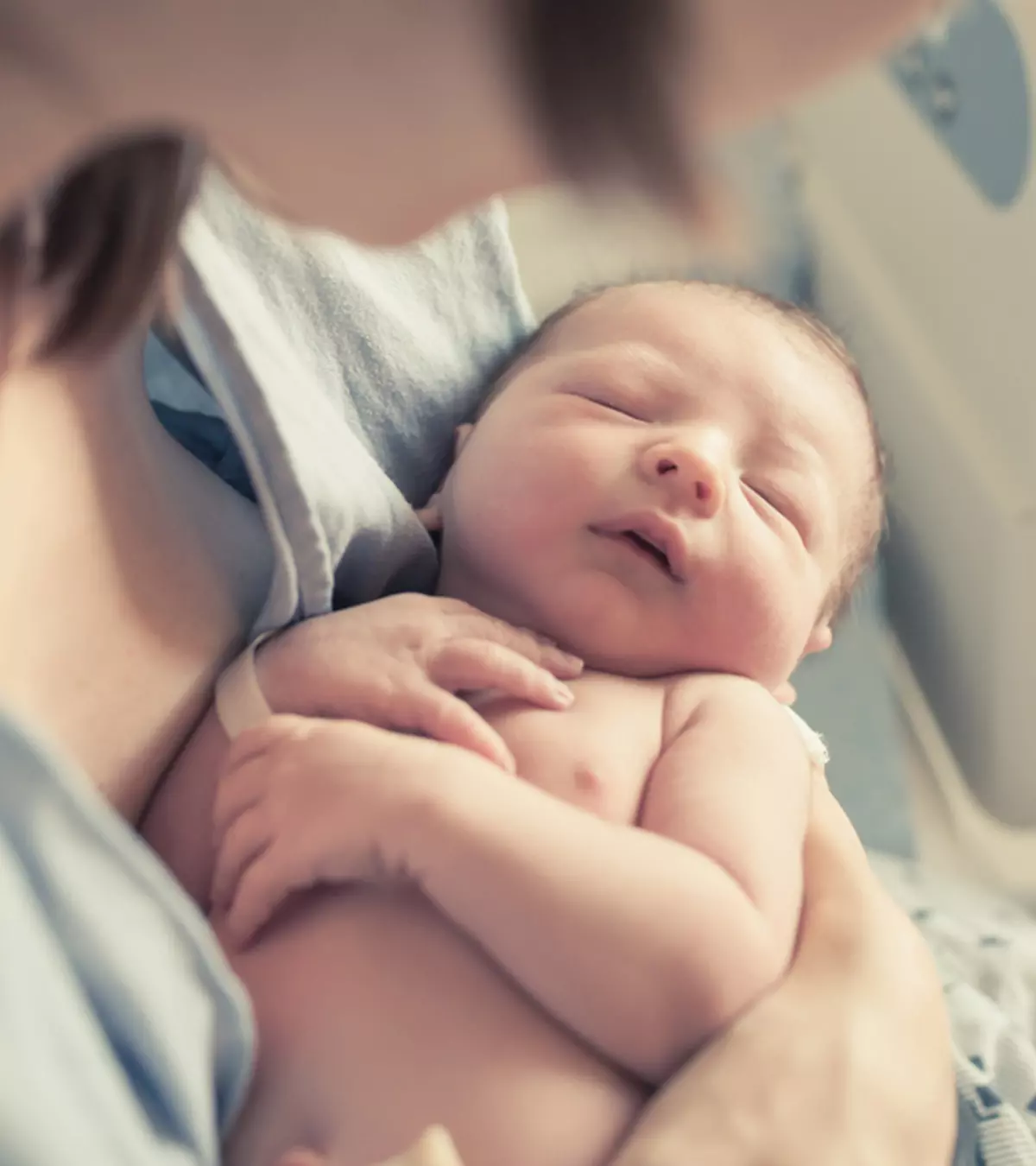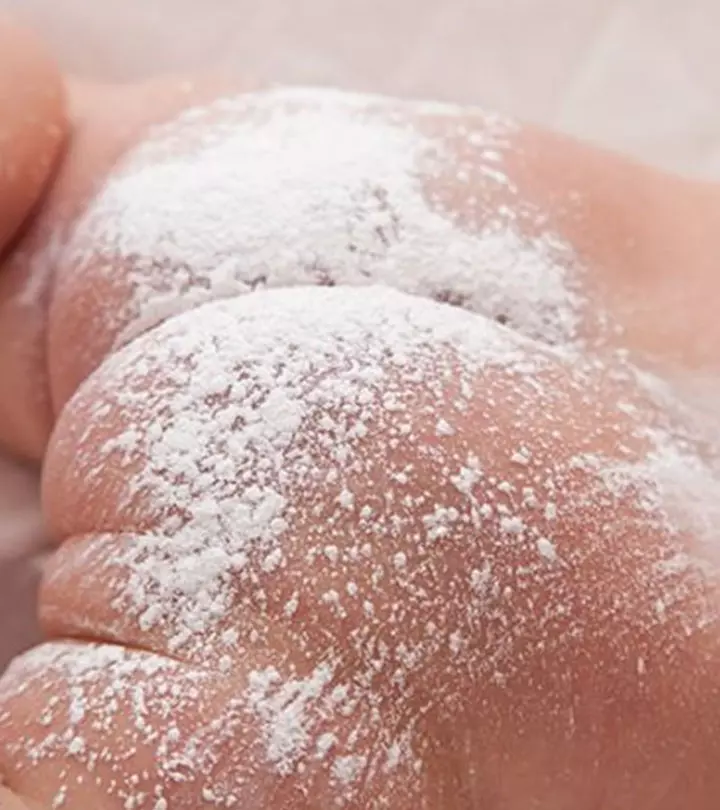

Image: Shutterstock
We often tend to forget that the skin is, in fact, our largest organ, and when we do have these once-in-blue-moon enlightened moments, it comes as quite a shock that we tend to feed our skin with whatever comes in handy instead of really taking proper care of it.

And then there are our babies – with a ton of baby products spinning off from the original big brands – it is almost easy to think that skincare for babies is uncomplicated and accessible. But not all babies skin are made equal – some sail through with no rash, while some little ones break out from even the most frequently recommended products.
As a new mother, it can be trying and scary when you find a sudden rash and you don’t know why the baby has developed one, so we are here with answers.
Image: Shutterstock
Your baby’s skin is probably the most delicate surface you have ever come into contact with, and as the skin is only just beginning to grow the baby is also vulnerable to contact dermatitis or sudden spots and rashes due to the thinness of the dermal layer and rapid loss of moisture. Be sure to use only hypoallergenic products, but don’t believe every label that proclaims so.
Perhaps your baby has extra sensitive skin and may require your grandmother’s homemade recipe for cleansing instead. Certain rashes such as those from drool and teething are to be expected, but those that persist or seem to spread should be checked out by a doctor.
Babies can be allergic to just about anything from pollen and food to water and extreme winds – so make sure that your baby is nourished with safely prepared food and well-protected from the environmental elements.
Image: Shutterstock
Your baby’s hygiene is not just restricted to using a mild cleanser, but should also include a deeply hydrating cream or lotion that will replace the rapid loss of moisture, which occurs naturally in babies but is aggravated by harsh weather elements.
Some babies may be allergic to fragrance, so ensure that you choose products without added fragrances, which will make the baby smell good but can trigger allergies due to their ingredients. Baby powder, as chemical-free as possible, is a must irrespective of the climate you are living in because rashes can also appear due to prolonged dampness or sweat.
Keep areas such as the bum, under arms, backs of the knees, insides of the elbows, and baby folds dry by using powder every time you cleanse and moisturize the baby. This will help in reducing rashes triggered by irritants such as sweat. Some babies may also be allergic to baby powder, so try and buy powders, which are talc-free.
Image: Shutterstock
The important thing is to understand the triggers for your baby – each one is different, but asking your mothers’ support group for common or well-known allergy triggers is a great way to start. Once you have this list, the next step is to lessen the effect of the allergy and know how to treat it in the safest way possible. Make sure that your hands are always clean when you come into contact with the baby, especially when cleansing or feeding it.
Your personal hygiene matters a lot in understanding what triggers reactions in the baby’s skin, too. Do not hesitate to let family and friends, or even strangers, know if you are uncomfortable when they come into physical contact with your baby. We don’t mean to worry you or disqualify what you already know about skincare, but we do mean to ease your anxiety around babies’ skin and why it does what it does.
Community Experiences
Join the conversation and become a part of our nurturing community! Share your stories, experiences, and insights to connect with fellow parents.





